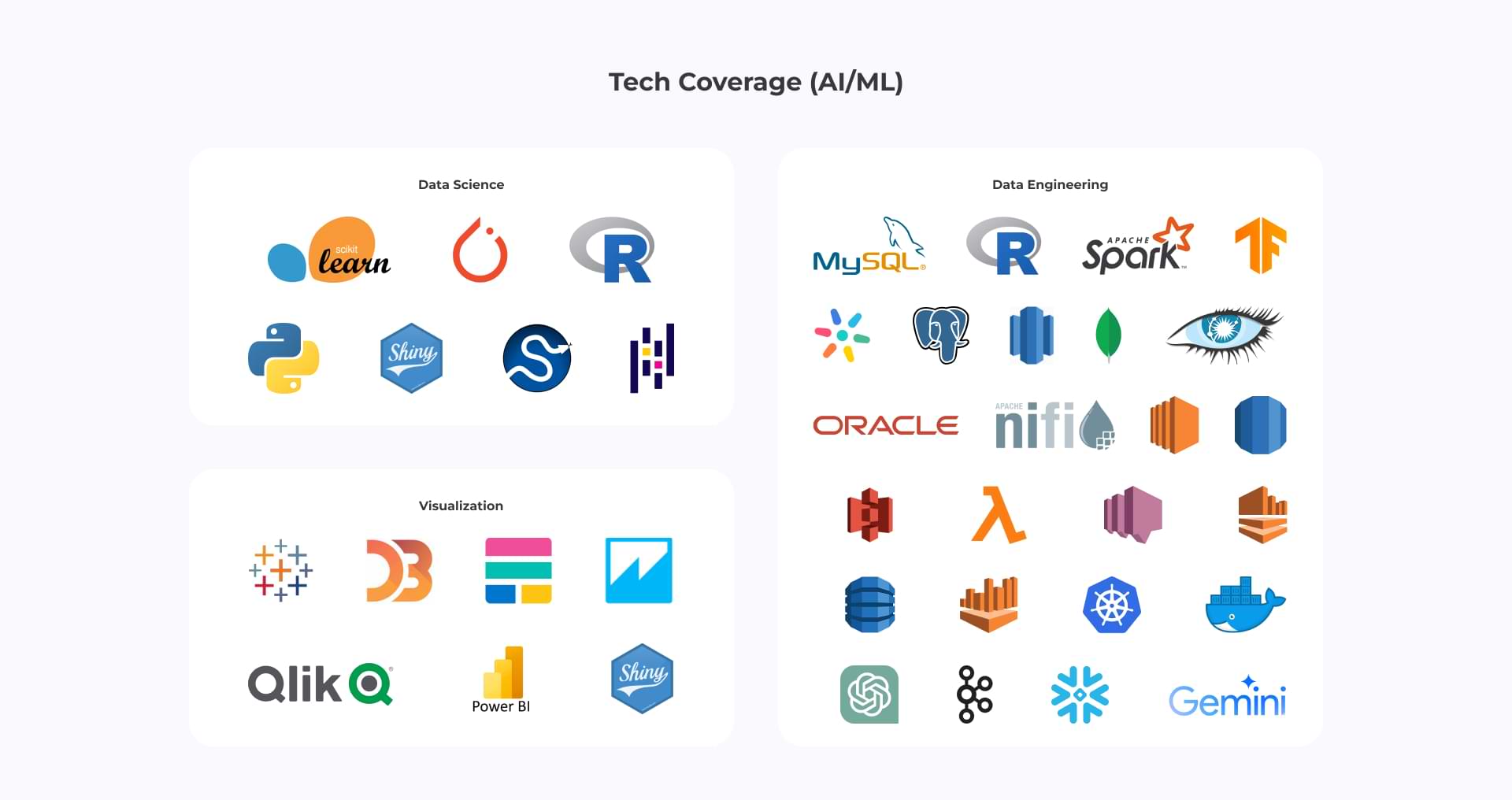The Rise of Intelligent Process Automation: Revolutionizing Business Operations in the Digital Age
In today’s fast-paced business landscape, organizations are constantly seeking ways to streamline operations, enhance efficiency, and reduce costs. Intelligent Process Automation (IPA) has emerged as a transformative solution, leveraging a combination of technologies like robotic process automation (RPA), artificial intelligence (AI), and machine learning (ML) to automate complex business processes. In this comprehensive guide, we will delve into the world of IPA, exploring its components such as hyperautomation, cognitive automation, digital workforce, end-to-end automation, and automated data processing, and how they are reshaping the future of work.
Let’s connect
Book a meeting
Intelligent Process Automation (IPA): A Catalyst for Transformation
Intelligent Process Automation is a holistic approach to automating business processes that goes beyond traditional rule-based automation. IPA leverages AI and ML to handle unstructured data, make intelligent decisions, and learn from experience. This enables organizations to automate end-to-end processes, freeing up human workers to focus on more strategic and value-added tasks.
Hyperautomation: The Next Frontier
Hyperautomation takes IPA to the next level by orchestrating a multitude of technologies, including RPA, AI, ML, natural language processing (NLP), and optical character recognition (OCR). This coordinated approach enables organizations to automate virtually any business process, regardless of its complexity or scale. By breaking down silos and integrating disparate systems, hyperautomation unlocks unprecedented levels of efficiency and agility.
Cognitive Automation: Adding Intelligence to the Mix
Cognitive robotization implants IPA with the control of AI and ML to imitate human decision-making capabilities. This enables automated processes to understand and interpret unstructured data, learn from patterns, and make informed decisions. Cognitive automation is particularly valuable in scenarios that require judgment, reasoning, and problem-solving skills.
Digital Workforce: The Future of Work
The rise of IPA has given birth to the concept of the digital workforce, where software robots, or “bots,” work alongside human employees to execute tasks. These digital workers are not meant to replace humans but rather to augment their capabilities and free them from repetitive and mundane activities. This collaboration between humans and bots creates a more productive and fulfilling work environment.
End-to-End Automation: Streamlining Business Processes
End-to-end robotization includes robotizing whole trade forms from beginning to wrap up. This eliminates the need for manual intervention and ensures a seamless flow of information across departments and systems. By automating end-to-end processes, organizations can achieve significant improvements in speed, accuracy, and customer satisfaction.
Automated Data Processing: Harnessing the Power of Data
Data is the lifeblood of modern businesses, but extracting valuable insights from vast amounts of data can be a daunting task. Automated information handling leverages AI and ML to analyze information, distinguish designs, and create noteworthy experiences. This empowers organizations to make data-driven choices, optimize operations, and pick up a competitive edge.
Benefits of Intelligent Process Automation
The adoption of IPA offers a wide range of benefits for organizations across industries. These benefits include:
- Increased Efficiency: IPA eliminates manual tasks, reduces errors, and accelerates process execution, leading to significant productivity gains.
- Cost Reduction: By automating repetitive tasks, organizations can reduce labor costs and allocate resources more effectively.
- Improved Accuracy: Automated processes are less prone to errors than manual ones, ensuring higher quality and consistency in outputs.
- Enhanced Customer Experience: IPA can automate customer-facing processes, leading to faster response times, personalized service, and improved customer satisfaction.
- Scalability and Agility: IPA solutions are easily scalable and can be adapted to changing business needs, enabling organizations to respond quickly to market dynamics.
Conclusion
Intelligent Handle Robotization is revolutionizing the way businesses work. By harnessing the power of AI, ML, and other advanced technologies, IPA is automating complex processes, empowering employees, and driving innovation. As organizations embrace IPA and its components, such as hyperautomation, cognitive automation, digital workforce, end-to-end automation, and automated data processing, they are unlocking new levels of efficiency, productivity, and competitiveness.
The future of work is undoubtedly intertwined with the rise of IPA. Organizations that embrace this transformative technology will be well-positioned to thrive in the digital age, while those that resist change risk being left behind.
Global success stories
Here are some related content that highlight our capability in delivering AI solutions that save costs as well as boost productivity.
Manufacturing 4.0:



